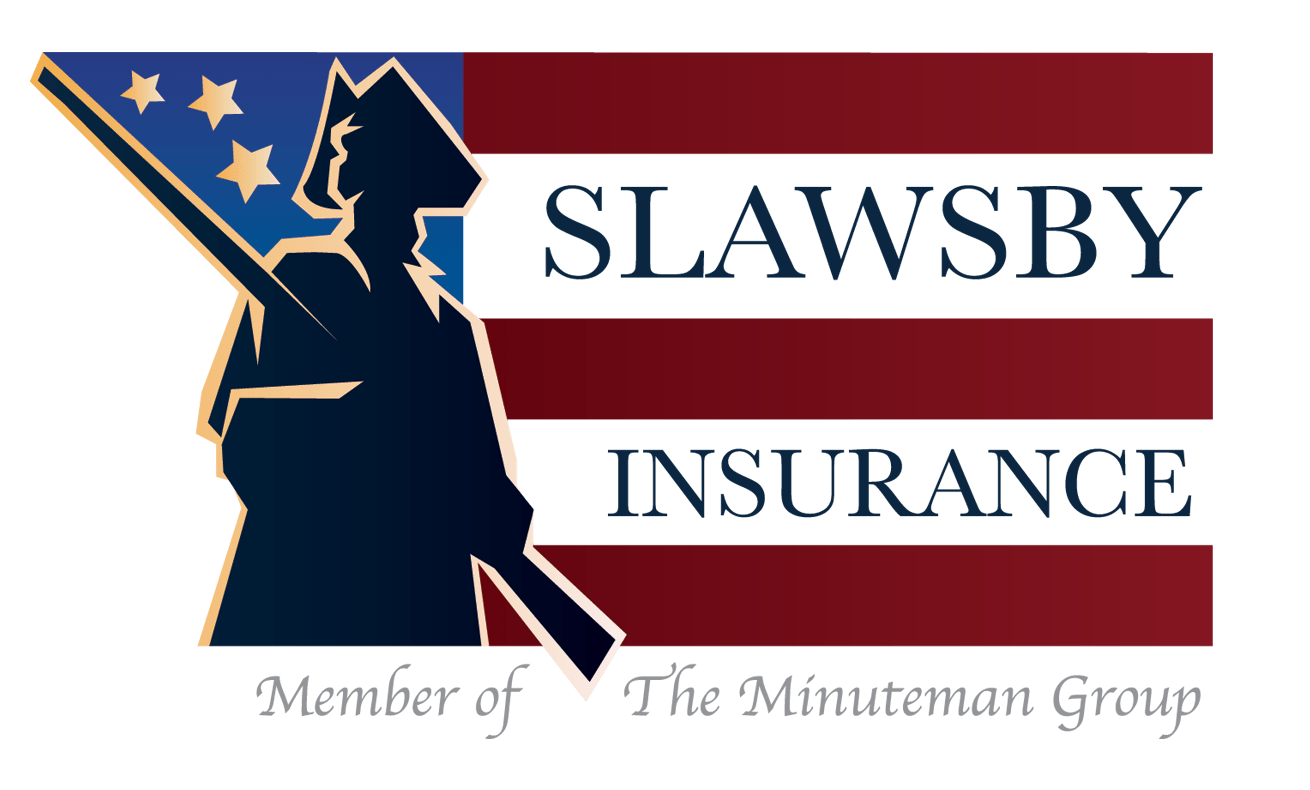- Always here to give you Peace of Mind...
Protect Your Business with Flood Insurance
Your business is one of the largest investments you will make. Protect it and your inventory by investing in flood insurance. Because sometimes it doesn’t just rain, it pours.
If your business isn’t in a floodplain, do you need commercial flood insurance?
Unfortunately, floods don’t respect property boundaries and can happen even if your place of business is far from a lake or river. Excess water can come from spring snowmelt, strong thunderstorms, hurricanes, busted water mains and clogged or overwhelmed drainage systems that back up.

MYTH: My commercial policy covers flood damage.
FACT: Most business owners insurance doesn’t cover losses due to flooding. And most multi-peril business policies don’t cover flood damage either. Slawsby Insurance via the NFIP (National Flood Insurance Program) offers flood policies tailored to protect your business.

What will a standard commercial flood policy cover?
As an owner of a commercial building, you can purchase national flood insurance to protect up to $500,000 of the business structure and another $500,000 for the contents, not to exceed the value of the property. If a flood destroys your business, commercial flood insurance will pay to rebuild your business, cover the loss of income of your business and potentially compensate you for the additional cost of running your business under new conditions.
Do commercial renters need coverage?
Although you may not own the structure where you run your business, the contents are valuable to you and will be costly to replace. If you’re a business owner, flood insurance can be purchased to protect the inventory and items you need for your business. Talk with one of our knowledgeable agents to find out more about business flood insurance.
Do landlords need additional flood insurance coverage?
The standard policy for landlords does not protect your rental units against flood damage. We can help you find a flood insurance policy with competitive rates, so you won’t be hung out to dry.
MYTH: Federal Disaster Assistance will pay for flood damage to my business
A community isn’t eligible for federal disaster assistance until it’s declared a federal disaster area, requested by the state governor and approved by the President. These declarations occur less than half the time when there is flooding. And, federal disaster assistance is in the form of a loan that has to be paid back—with interest.
MYTH: You live in a high-risk area, so you can’t buy commercial flood insurance in New England
If your community is part of the NFIP—and over 200 New Hampshire communities are—than you can purchase National Flood Insurance. This program dates back to 1938 to ensure that property owners could have flood disaster protection. As of 1973, federally regulated lenders must alert buyers that national flood insurance is required for high-flood-risk areas as part of the mortgage loan process.
Could you be covered for tomorrow’s storm?
You can buy flood insurance at any time, but often the policy isn’t effective until after a 30-day waiting period, but there are exceptions:
- Starting, extending, or renewing a mortgage loan—restrictions apply
- Purchasing a flood insurance within the 13-month time frame after a flood map revision
Don’t wait for a storm warning! Contact one of our agents so you rest easy knowing you’re covered—no matter what mother nature does.
FACTS About Floods
- Nearly 1 in 4 National Flood Insurance Program claims come from zones that aren’t considered high-flood risk.
- Nearly half of all floods are not given the national federal disaster label, so federal disaster assistance isn’t available for those home or business owners.
Why choose Slawsby for your organization’s flood insurance?
- Our agents take the time to explain your policy and are available to answer any questions that might pop up.
- We provide insurance coverage that is custom-tailored to your business needs.
- Slawsby Insurance provides risk assessments to all our commercial clients to help you avoid having losses that can hurt your bottom line.


